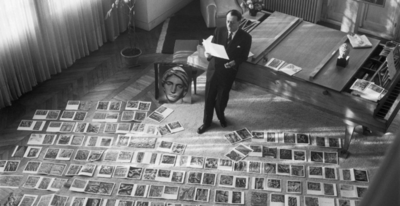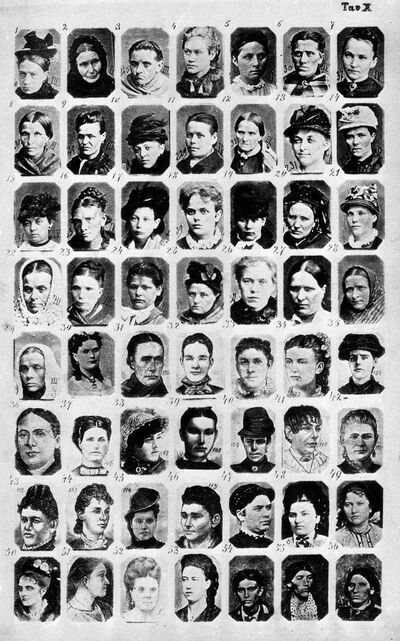Methods xpub: Difference between revisions
No edit summary |
No edit summary |
||
| Line 76: | Line 76: | ||
https://pad.xpub.nl/p/MethodsSesh123 | https://pad.xpub.nl/p/MethodsSesh123 | ||
==Barthes Radio== | |||
Text for next week: https://pad.xpub.nl/p/BarthesWormRadio | Text for next week: https://pad.xpub.nl/p/BarthesWormRadio | ||
Revision as of 18:12, 20 September 2023
In this series of workshops we concentrate on methods of annotation and text analysis which help us research this trimester's Special Issue. Each session has a specific outcome.
XPUB1: 20 Sept 2023- 11:00 - 17:00 Methods for PROTOCOLS FOR AN ACTIVE ARCHIVE with Steve + Lidia, in the aquarium
XPUB1: 11:00 - 17:00 Methods with Steve + Lidia, in the aquarium
Methods sesh #1 PROTOCOLS FOR AN ACTIVE ARCHIVE with Lidia and Steve
Outcome for the day: 4 annotations and discussion in which reading experiences are compared.
Outcome for the PROTOCOLS FOR AN ACTIVE ARCHIVE methods seminars (December): an annotated reader.
Intro:
Whilst working on PROTOCOLS FOR AN ACTIVE ARCHIVE, the methods sessions provide a moment to step back and consider the special issue we are working on. We take time to reflect. In the first session we will experiment with methods of collective annotation. This is an informal, group activity that helps collective reading and thinking. We read and take notes, share knowledge and raise questions.
1) Brief intros: how, what and why we annotate?
Protocol: For this session Steve and Lidia have chosen 4 texts which relate to PROTOCOLS FOR AN ACTIVE ARCHIVE. We will try out a collective annotation in a big group to establish the principle. As we progress, we can use these reading and annotation sessions to add texts (in which case "text" can be widely defined) and establish new protocols through which to collectively annotate. After several sessions a "reader" will be generated.
2) The group split into 4 sub-groups and annotate one of the texts below.
3) The groups will gather into one group and reflect on their reading of the texts (the "thesis", the similarities and differences between texts).
4) Building a PROTOCOLS FOR AN ACTIVE ARCHIVE bibliography together (in which case "bibliography" can be widely defined).
Group 1
On the data set’s ruins
Nicolas Malevé (2020)
https://sci-hub.se/10.1007/s00146-020-01093-w
ANNOTATE HERE: https://pad.xpub.nl/p/AnnotateDataset'sRuins
Group 2
Postscript on the Societies of Control
Gilles Deleuze (1992)
https://cidadeinseguranca.files.wordpress.com/2012/02/deleuze_control.pdf
Collective Annotation: https://pad.xpub.nl/p/PostscriptControlSocieties
Subgroup Annotation: https://pad.xpub.nl/p/Deleuze_Control_Group
Group 3
The Tyranny of Structurelessness
Jo Freeman (1970-73)
https://www.jofreeman.com/joreen/tyranny.htm
ANNOTATE HERE: https://pad.xpub.nl/p/TyrannyAnnotation
Group 4
Queering Homophily
Wendy Chun (2018)
https://meson.press/wp-content/uploads/2018/11/9783957961457-Pattern-Discrimination.pdf
(PAGE 59)
ANNOTATE HERE: https://pad.xpub.nl/p/QueeringHomophily
https://pad.xpub.nl/p/MethodsSesh123
Barthes Radio
Text for next week: https://pad.xpub.nl/p/BarthesWormRadio
Upload Barthes sound files here: https://pzwiki.wdka.nl/mediadesign/BarthesRadio
Previously...
Archive of the 2023 methods sessions: Methods2023Archive
Here is a link to Xpub Rapid Prototypes and Projects That May or May Not:
Here is a page with all the methods sessions in SI18, SI19, SI20 (made for the audit by Leslie and Manetta): Methods SI18 SI19 SI20.
Here is the archive of methods sessions from previous years Pre2020Methods


